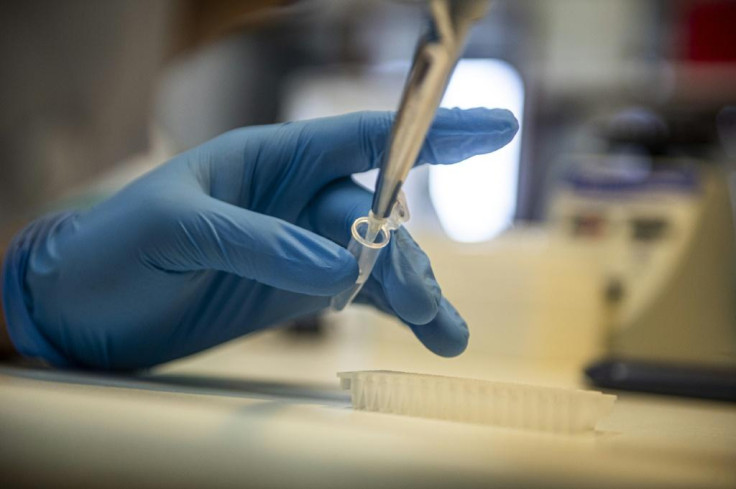Controversial Russian COVID-19 vaccine shows promising, safe results: Medical journal
The results of the Sputnik V vaccine experiments were published last week in the medical journal The Lancet.
The coronavirus vaccine candidates from GlaxoSmithKline and Sanofi Pasteur are the most recent ones to start clinical trials. Meanwhile, AstraZeneca and Moderna are already in the final phases of testing their respective jabs. However, last month, Russia courted controversy when it announced plans to distribute its Sputnik V inoculation even without the go-ahead from regulators. As such, experts expressed concern over its effectiveness and safety, but it seems that preliminary trials conducted are producing promising results.
The results of the experiments were published last week in the medical journal The Lancet. The study ran from June 18 to Aug. 3, with a total of 76 healthy adult volunteers. These covered the first two phases of trials to determine the safety profile of the biological product and to see if it triggers the desired immune response from the test subjects.
There were two formulations used at the time: Frozen and lyophilised (freeze-dried). The former is intended to be used by global supply chains, while the latter is designed to last longer for transport to remote regions. So far, both reportedly performed as intended as coronavirus antibodies were detected in blood samples within 21 days from the injection.
Moreover, there were no adverse side effects with participants only complaining about common issues such as headaches, muscle pain, joint pain, and hyperthermia. Meanwhile, researchers likewise observed the production of T cells, which was earlier attributed to the long-term protection from SARS-CoV-2. It was revealed that the studies performed were open-label, which means the participants were aware that they were injected with experimental coronavirus vaccines.
"Normally, such a study would be the basis for debating whether to proceed into larger trials and the costs that entails. In that context, the study results are encouraging in terms of safety and possible efficacy," said University of Sussex Science Policy Research Unit senior lecturer Dr. Ohid Yaqub.
He added: "However, in the context of regulatory approval, the design and size of a phase 1 and 2 study is not anywhere near sufficient for widely recognised standards of approval. The study was not randomised, and it was not large enough to detect rarer safety issues."

Given the favourable outcome of the first two phases of clinical trials, Moscow's Gamaleya Research Institute has been cleared by the Russian government to move forward. Phase 3 is slated to begin this week with approximately 40,000 volunteers ready to receive the jab. Still, many remain sceptical over the vaccine's overall safety and efficacy, despite the encouraging results.
© Copyright IBTimes 2025. All rights reserved.





















